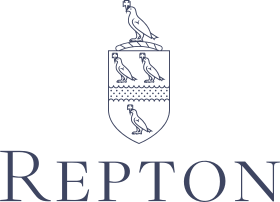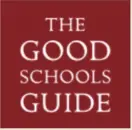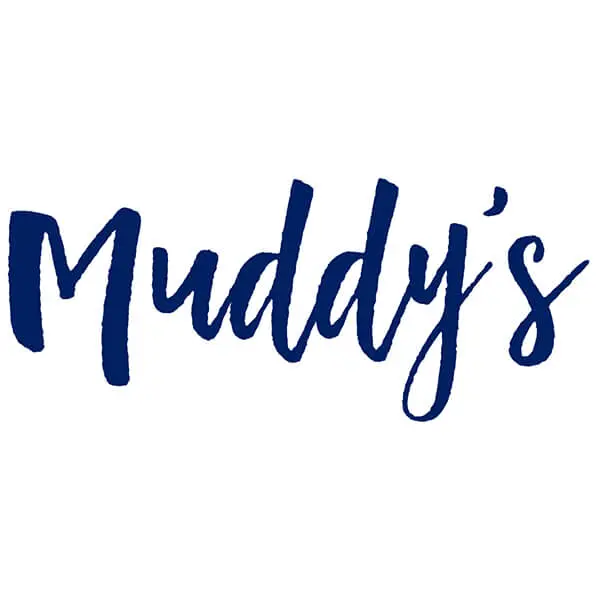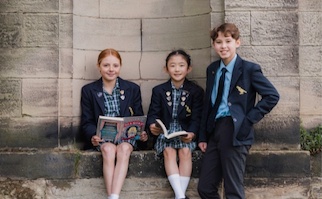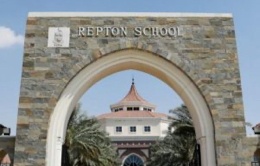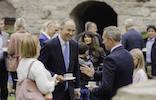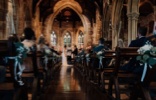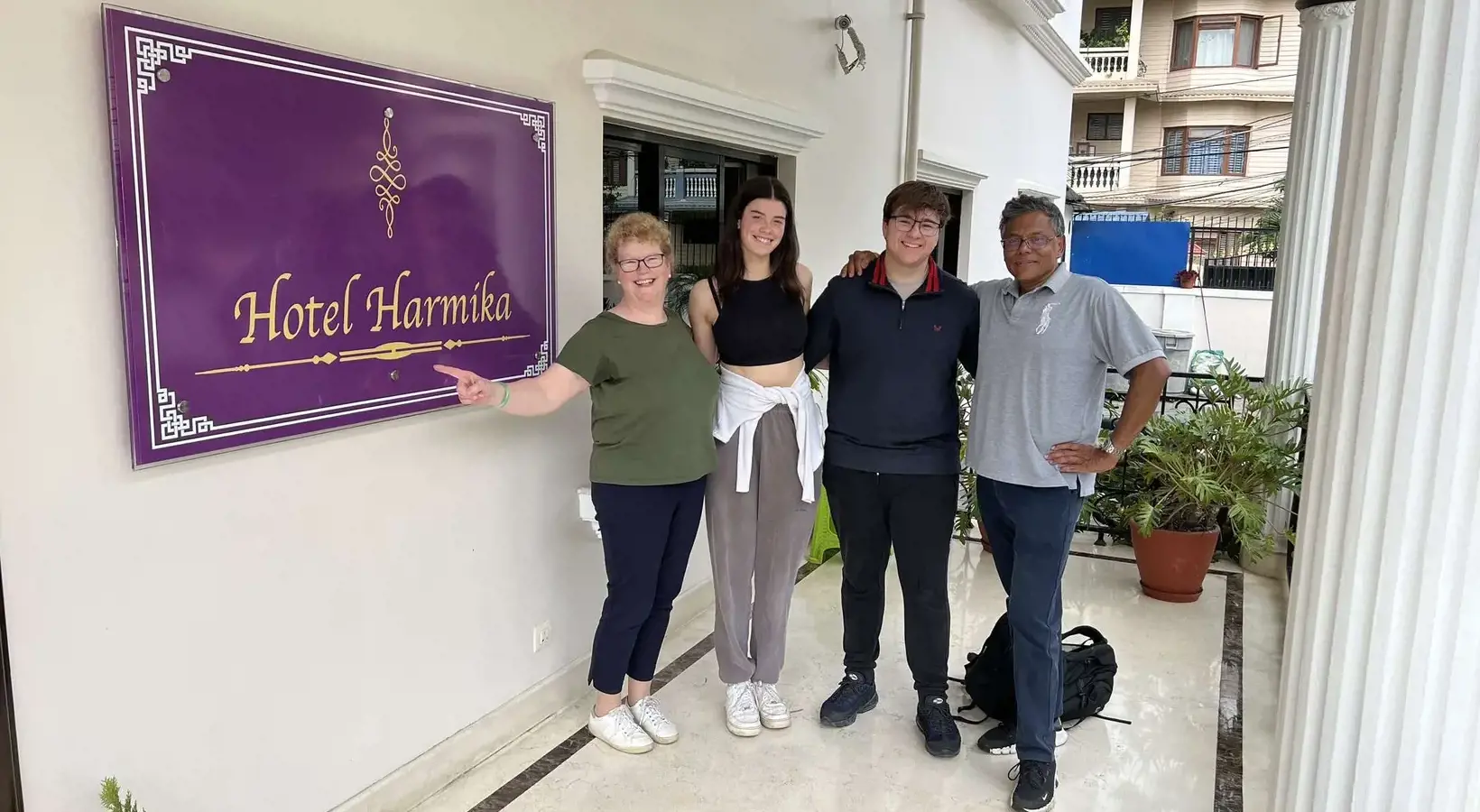REPTON'S ASPIRING MEDICS HEAD TO NEPAL FOR UNIQUE CAREER OPPORTUNITY
Repton has had a hugely beneficial relationship with the Neverest Foundation, an organisation whose mission is to improve the standard of trauma and orthopaedic surgery in Nepal by delivering orthopaedic equipment and teaching surgical skills to the orthopaedic fraternity in Nepal.
They also work with the Nepali community in their special needs schools, sponsor an orphanage for those orphaned in the 2015 earthquake, sponsor a women’s refuge and work on infrastructure and educational projects in the wider Nepali community.
Last week, Upper Sixth pupils Jenna L and Jacob W joined a team of orthopaedic, plastic and maxillofacial surgeons as well as a team of theatre nurses on a trip to the Nepal Orthopaedic Hospital with which the Neverest Foundation do much of their great work. This was a unique opportunity for both these aspiring medics to learn about global medical work in areas and conditions markedly different to the hospital shadowing they have already done in the UK via their own initiative and Repton’s hospital volunteering scheme.
“Prof Rajan gave an inspiring speech at Careers Day in Repton and described his plans for another trip to Nepal in September. I asked if he was willing to take pupils and he suggested I apply.”
In Nepal they met the manager of the hospital’s spinal centre, surgeons from the orthopaedic department and also visited the childrens’ school. Jenna particularly relished the chance to see UK and Nepali surgeons working together, and still more valuably to all concerned, the chance to work alongside those surgeons and nurses.
Jenna told us “On the first day of working in Nepal, we visited the Spinal Injury Sangh Nepal, where we toured the facility that Neverest helps to fund and donates equipment to. We met patients and asked them how the injury centre has helped them feel they can live a fuller life, as the centre focuses on rehabilitation for life after leaving the centre, not just treatment. On day 2, we visited the Special Education and Rehabilitation Centre for Disabled Children, observing their treatment and therapy practices. We also visited the Special Education and Rehabilitation school, where children with disabilities can get some form of education to support them in later life. On day 3, we visited the Nepal Orthopaedic Hospital, where we set up a clinic for patients struggling with any issues to come and speak to our team of surgeons and a GP, where they could receive treatment advice and also be possibly scheduled for surgery if deemed necessary. On day 4, we scrubbed into surgeries and watched first-hand the different approaches to operating in Nepal. A range of ages were operated on, varying from 18 months old to almost 70 years.”
This was, of course, a powerful learning experience for Jacob and Jenna. “We learnt how to take a patient history, and also how to conduct an orthopaedic exam to determine if surgery is necessary. The surgeons taught us about the nature of the spinal cord and why an injury to it causes such significant impacts. We also learnt how even though the Nepalese healthcare system differs greatly to the NHS, there are some aspects of it that are more sustainable and helpful for patients. For example, the spinal centre uses both prosthetics and orthotics, whereas the UK no longer use valuable orthotics.”
Both Jacob and Jenna intend to apply to medical schools in UK universities this year, and Jacob feels the experiences they had on this trip will be a huge benefit to them both, as well as being a hugely formative experience in its own right. “Spending time around people in my aspirational field and hearing the stories of what they do on a day-to-day basis gave me invaluable knowledge into the life of a doctor, as well as the necessary skills that are needed but not advertised. It has also given me amazing connections which I can rely on in my future.”
Jenna feels similarly inspired: “The best thing was engaging with the children of the disabled children. Seeing the smiles on their faces when you dance and sing with them is so rewarding. They truly appreciate when we take the time to interact with them and have fun! I also thoroughly enjoyed seeing rare genetic conditions in person, such as cases of polydactyly that are not as common in the UK. I learnt about medicine in a brand new perspective surrounded by a different culture. This brings into light both the advantages and disadvantages of our healthcare system, something I hope to contribute to in the future. It also offered the opportunity to observe surgeries in the operating theatre itself, a rare occurrence in the UK.”

